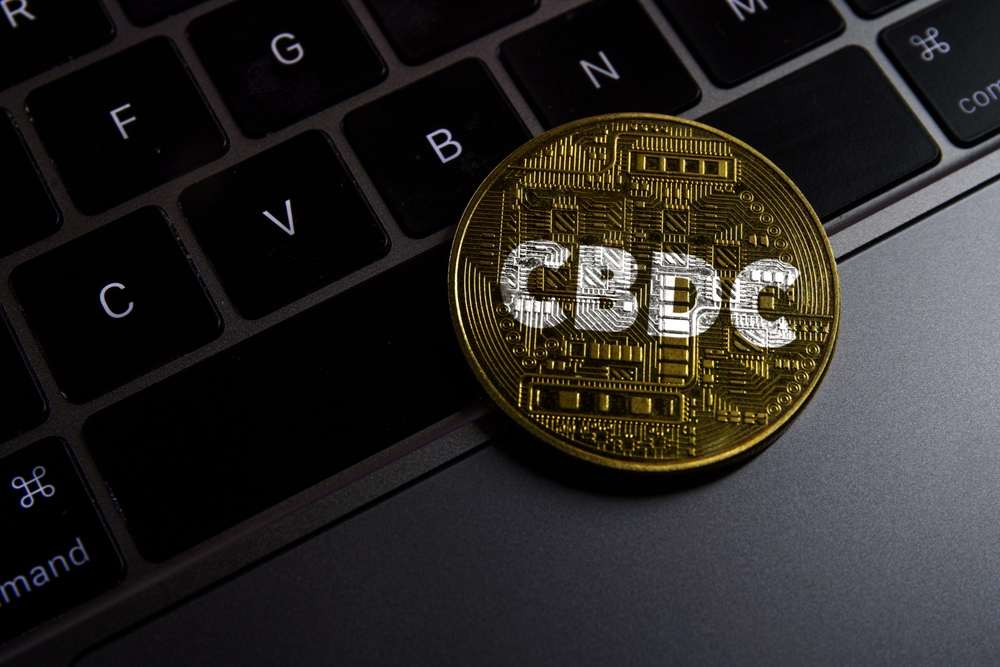Key Insights:
- Project Sela pioneers privacy in digital finance, bridging the gap between cash and digital with a unique ecosystem.
- Lower entry barriers boost competition, enabling SMEs and community centers to join the rCBDC revolution.
- Challenges remain as Project Sela confronts RTGS limitations, but it sets the stage for the future of digital currency.
On September 12, the future of retail central bank digital currencies (rCBDCs) was revealed through Project Sela, a landmark collaboration between the Hong Kong Monetary Authority, the Bank of Israel, and the Bank for International Settlements. This groundbreaking initiative, designed with privacy and inclusivity, could redefine how we perceive money in the digital age.
A Seamless Ecosystem Designed for Real-world Applications
The project is a remarkable tapestry of policy, security, legal, and technological solutions. Partnering with fintechs FIS and M10 Networks, Clifford Chance for legal guidance, and Check Point Software Technologies for cybersecurity, Project Sela seeks to blend the best digital and physical worlds. The central banks will operate the distributed ledger system, recording pseudo-anonymous end-user accounts and ensuring instantaneous settlement via real-time gross settlement (RTGS) systems. Consequently, funding institutions manage user accounts, converting rCBDCs to and from bank deposits and cash.
Moreover, a unique role has been created—access enablers—that will handle all customer-facing services. These include Know Your Customer (KYC) compliance, endorsements, and routing. Significantly, access enablers do not maintain financial records or control money, lessening the regulatory burden on them.
A noteworthy aspect of this ecosystem is its potential for increased competition among private financial institutions. Lowering entry barriers creates opportunities for a broader spectrum of participants, encompassing small and medium-sized enterprises, charitable organizations, and community centers. The unbundling of financial services by Project Sela opens doors for various service providers, expanding user access. Notably, the system doesn’t mandate that users be traditional account holders, ensuring ease of use and broader adoption.
The Challenges Lying Ahead
However, the system faces certain obstacles. The current RTGS systems, crucial for swift settlements, function exclusively during standard business hours and are not optimized for frequent small transactions. While the report explores potential technical remedies, achieving uninterrupted operational capability remains challenging.
Through its careful crafting and diverse partnership, Project Sela addresses the complexities of designing an rCBDC system that combines the anonymity of cash and the efficiencies of digital transactions. With private intermediaries, the project aims to bring enhanced security and more inclusivity to the financial world.
Moreover, as central banks continue to explore the potential of rCBDCs, Project Sela could serve as a blueprint for similar initiatives worldwide. It marks a significant step toward a future where digital currencies are as expected and as easily accessible as the banknotes in your wallet.
